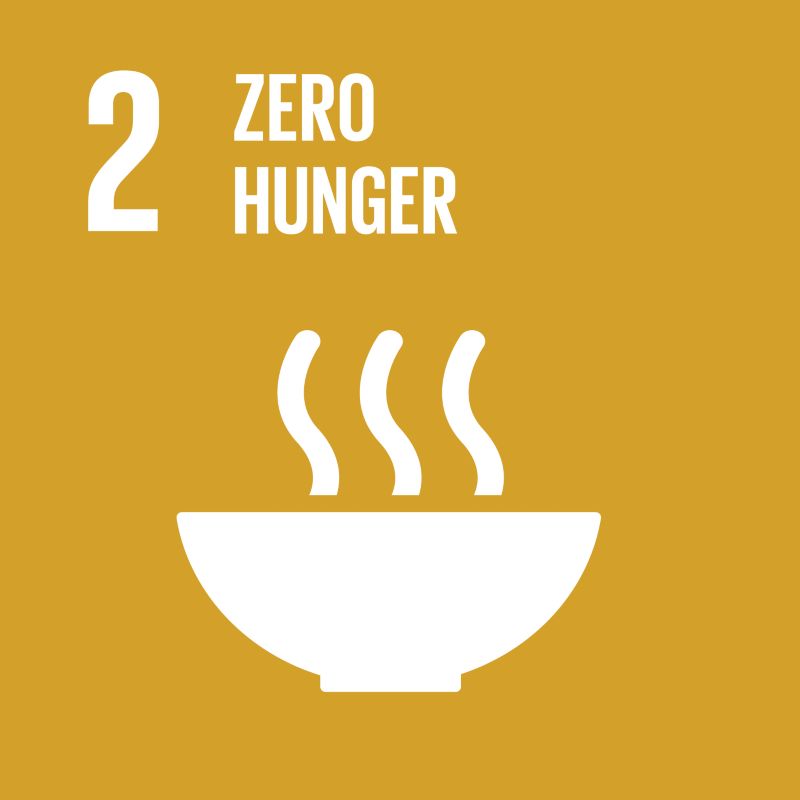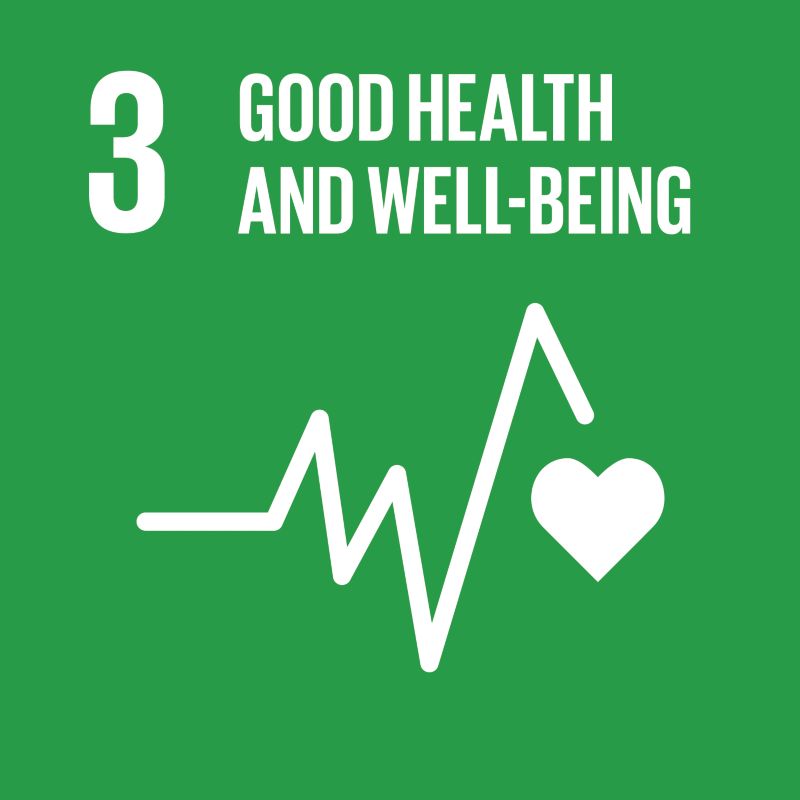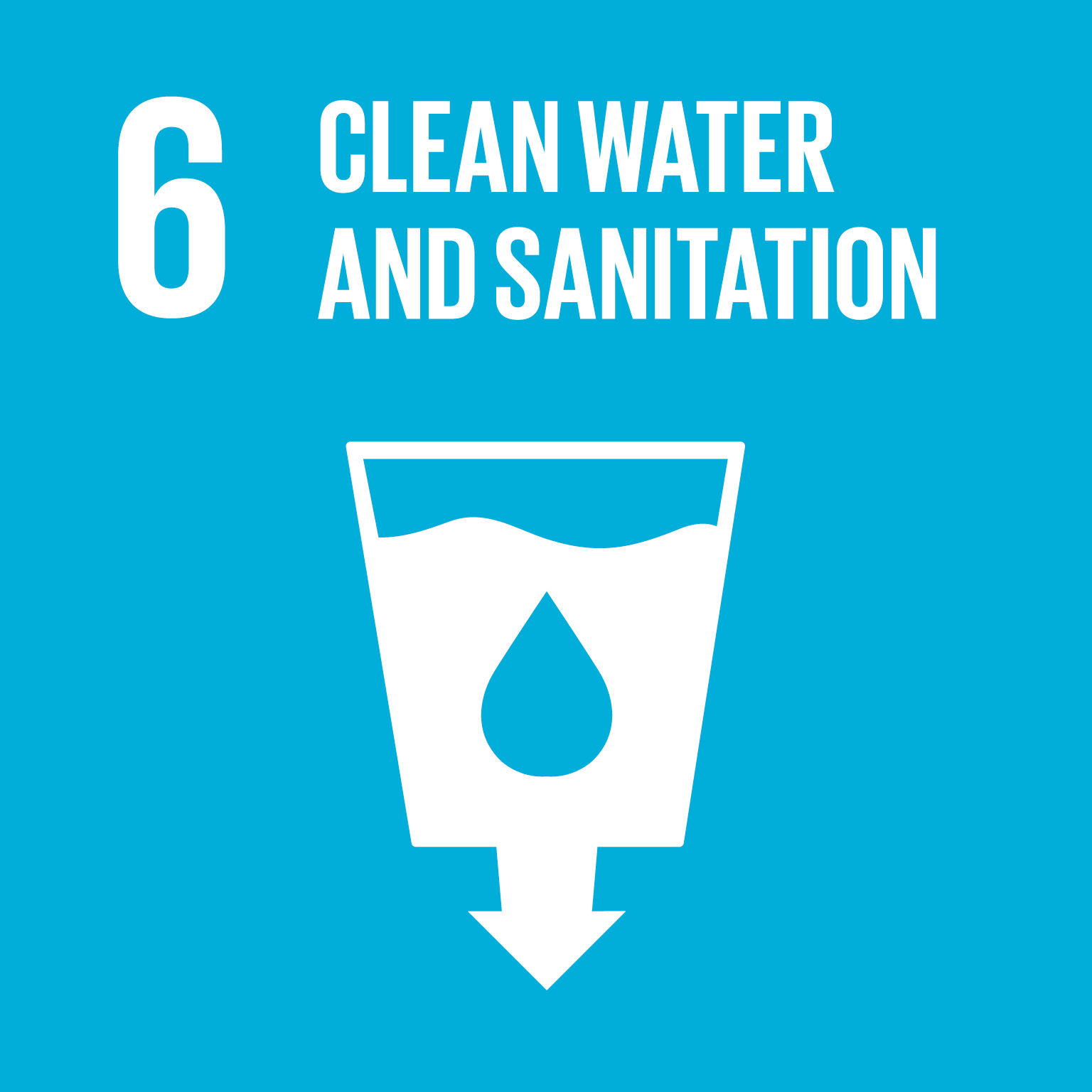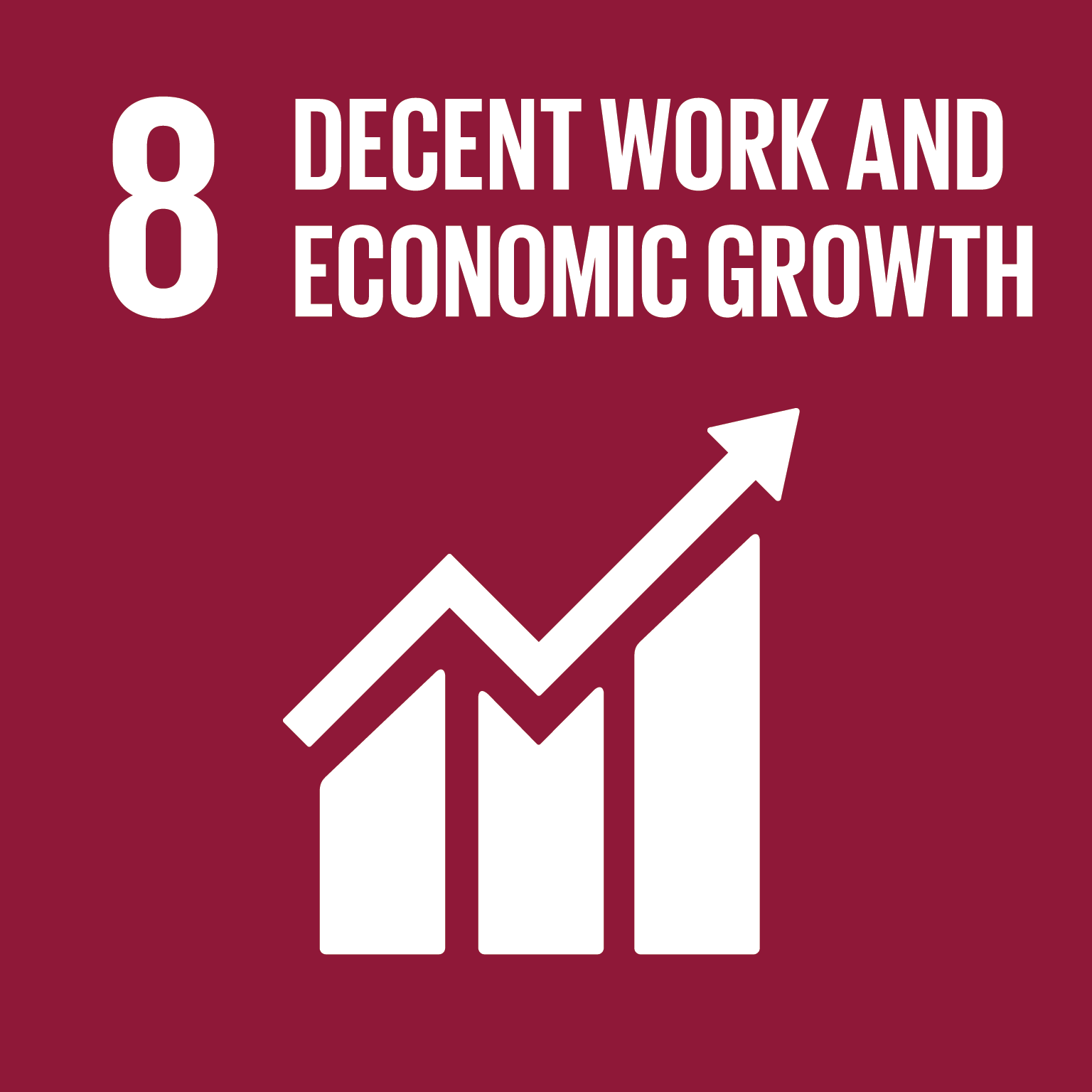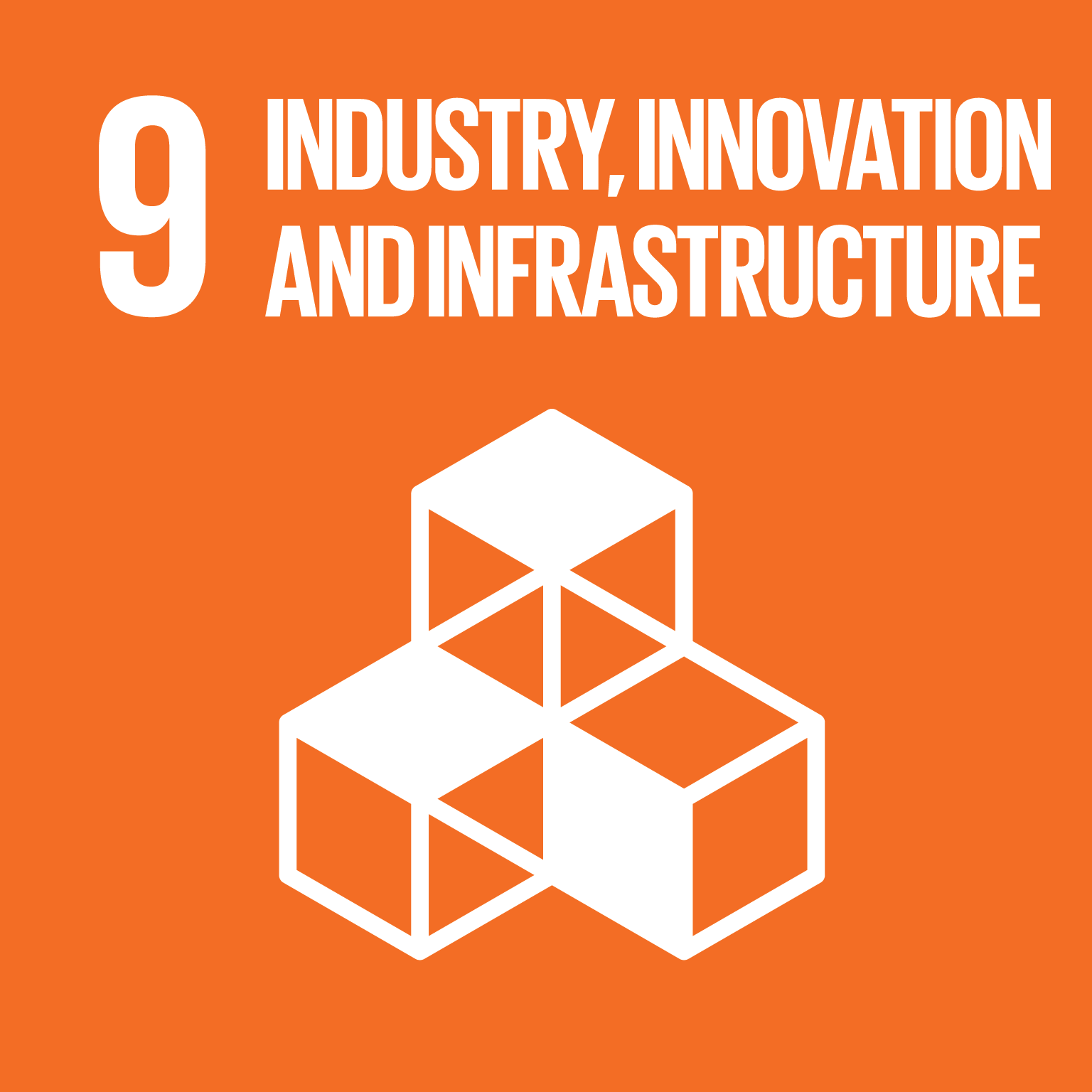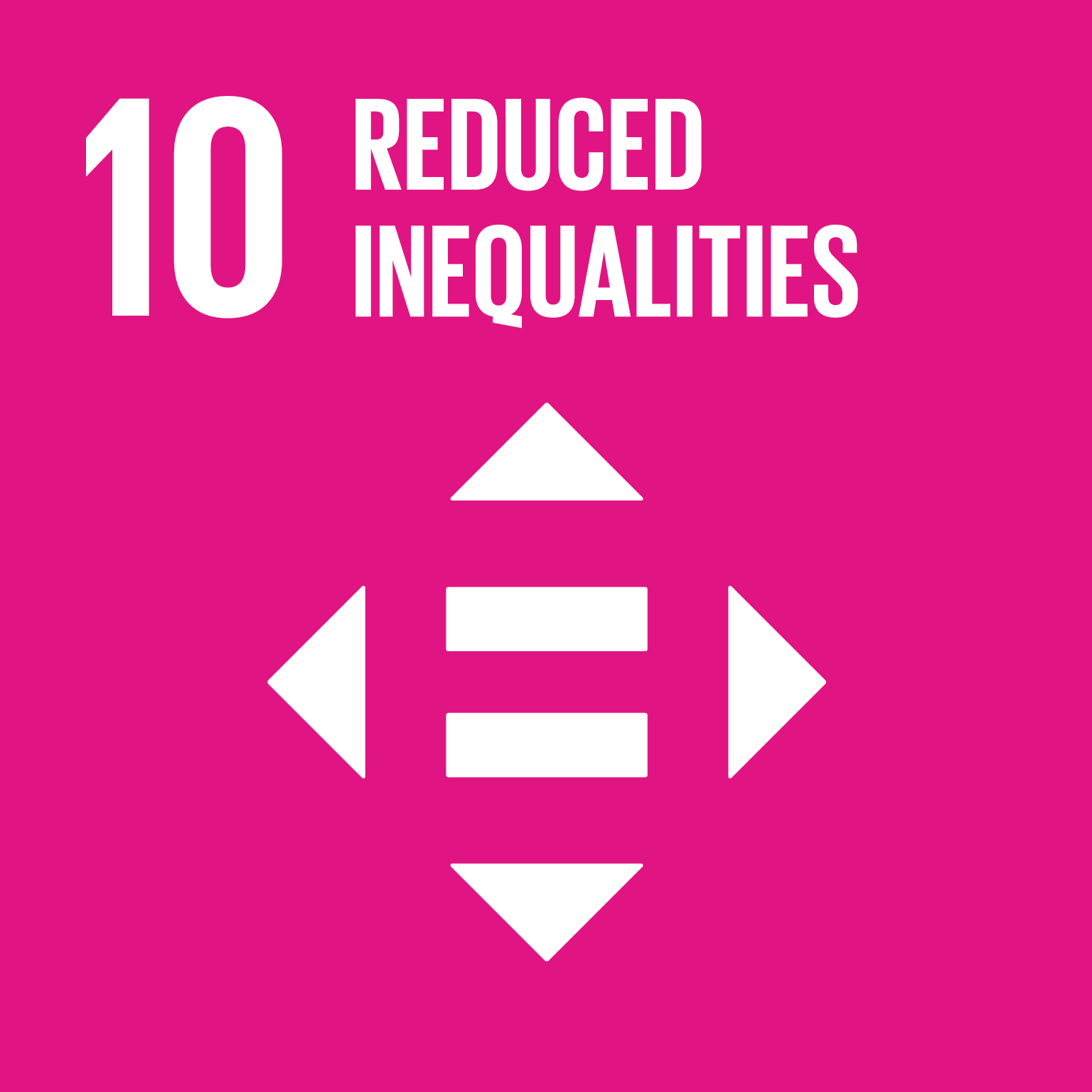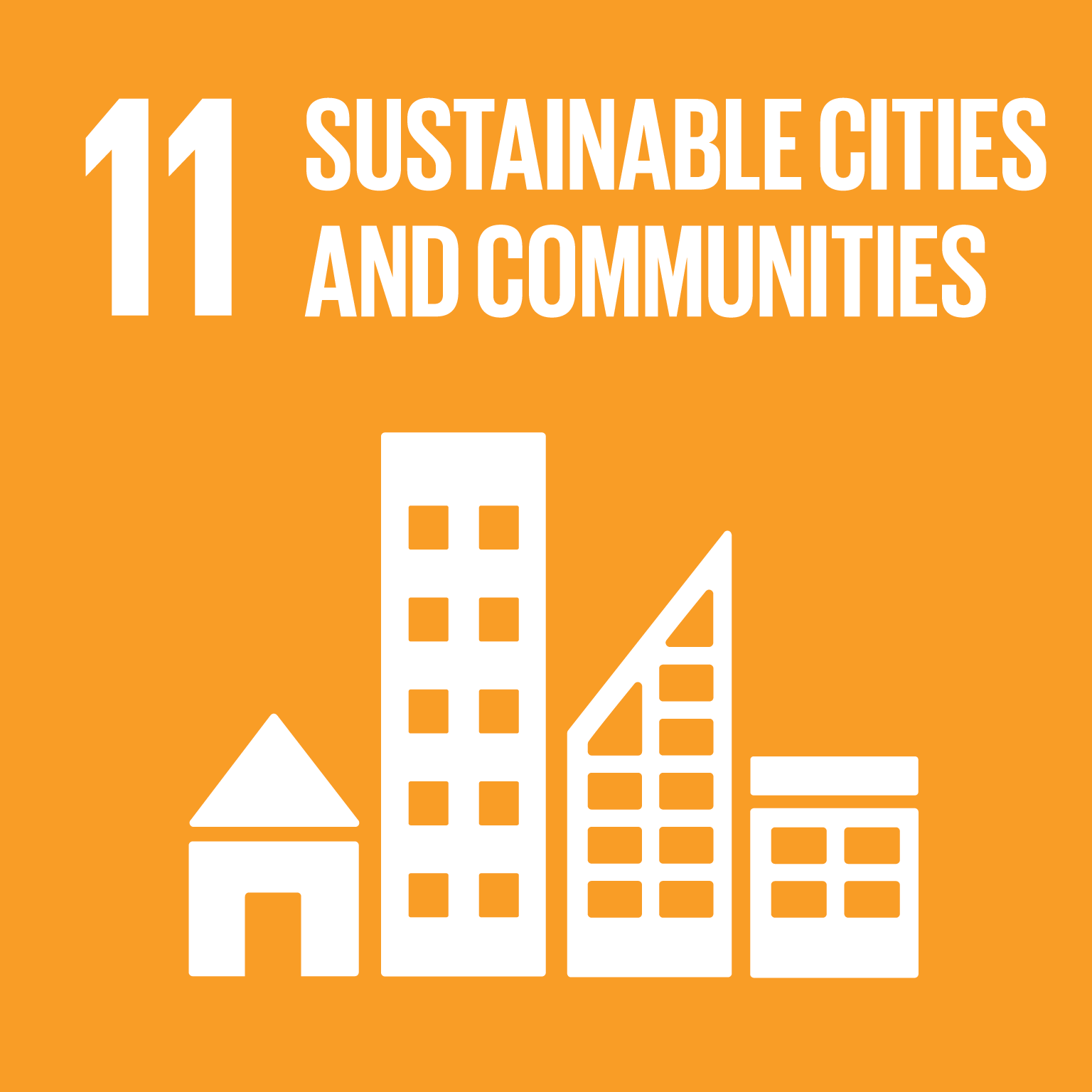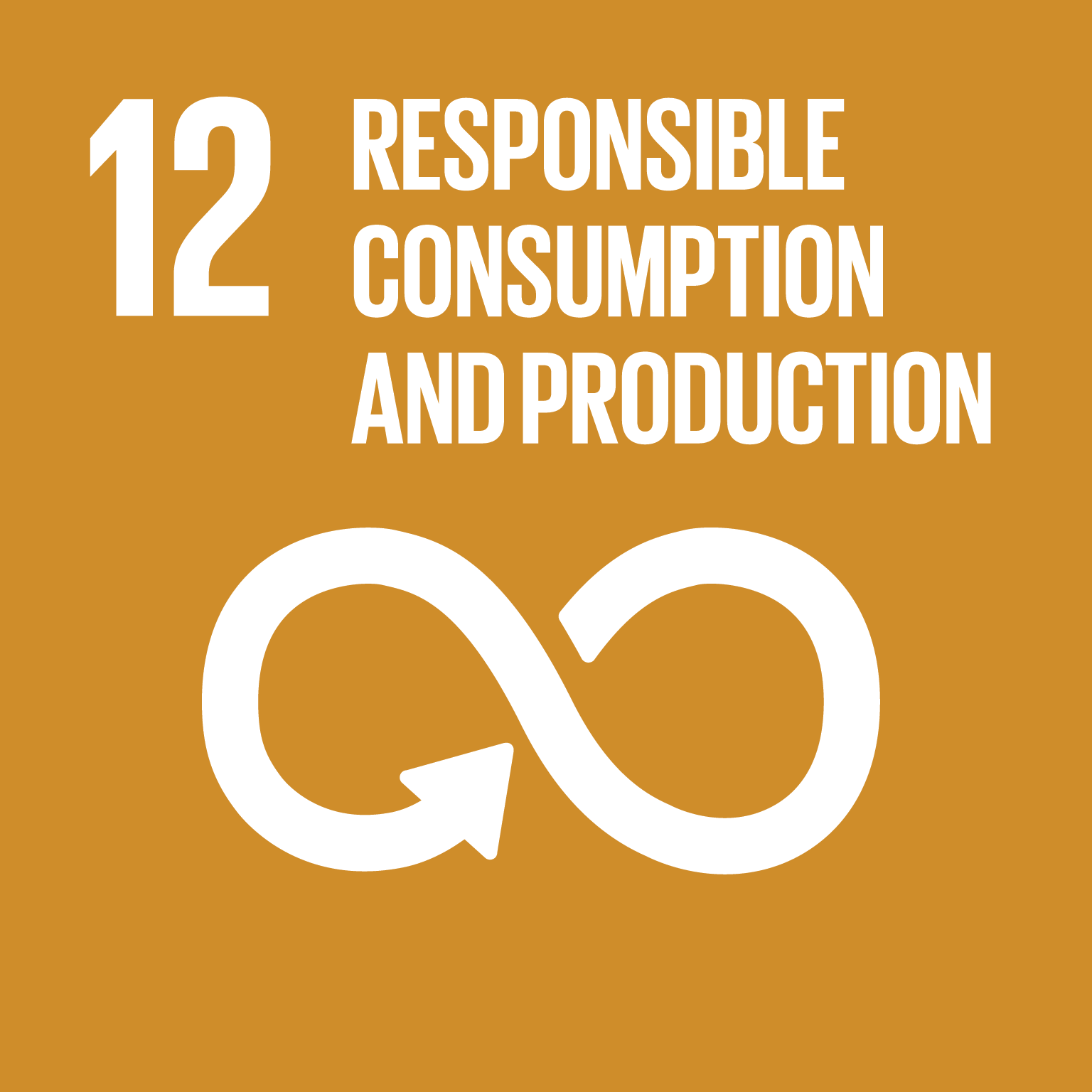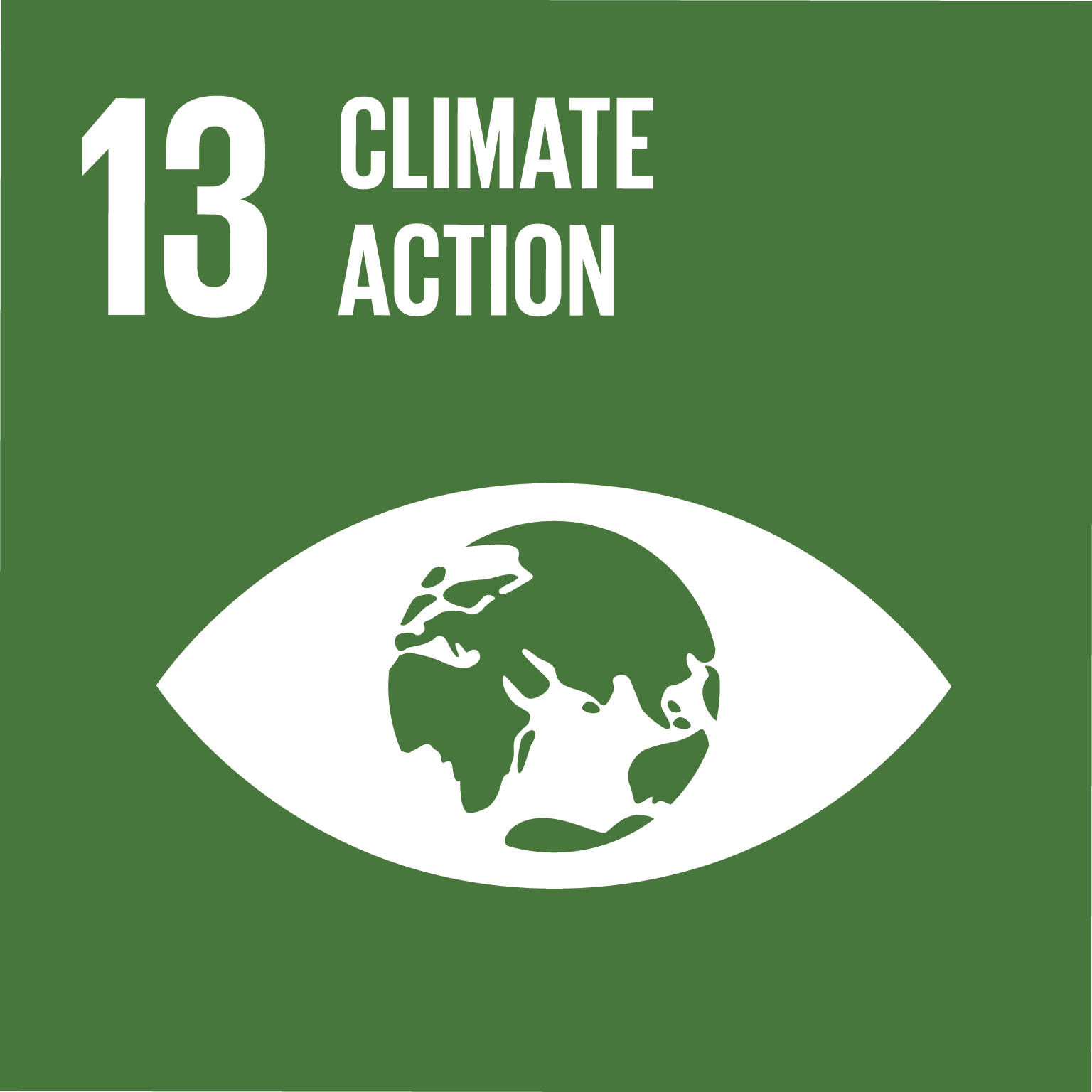RMIT urban health scholars are partnering with the Bangkok Metropolitan Administration to develop and test a suite of open source 'urban liveability' indicators aligned to the UN Sustainable Development Goals (SDGs).
The aims of this Partnership Project are to:
- Identify and source open source liveability spatial data inputs and indicators aligned with the SDGs and suitable for use in the Bangkok context;
- Apply and test conceptually relevant liveability indicators across Bangkok;
- Develop the capacity of the BMA for utilising liveability data in policy and planning; and
- Generate translational outputs that maximise the useability and scalability of indicators for application for different cities.
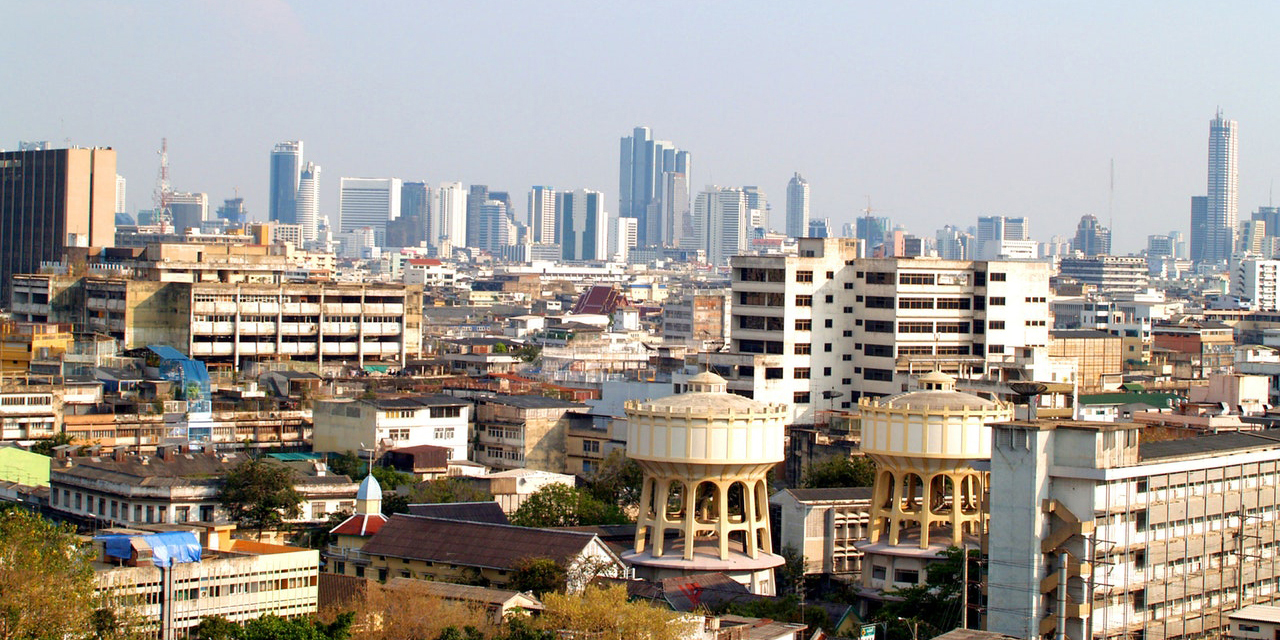
Through this collaborative Partnership Project, we will further our knowledge of context-specific liveability in a rapidly urbanising low-to-middle income city context (Bangkok, Thailand).
This project is funded by a VicHealth Sustainable Development Goals Partnership Grant.
Project timeline: 2018 - 2020
Key contributors: Hannah Badland and Melanie Davern
Find out more: Centre for Urban Research - Measuring, monitoring, and translating urban liveability in Bangkok
This project addresses the following Sustainable Development Goals and Targets:
2.1 By 2030, end hunger and ensure access by all people, in particular the poor and people in vulnerable situations, including infants, to safe, nutritious and sufficient food all year round
3.9 By 2030, substantially reduce the number of deaths and illnesses from hazardous chemicals and air, water and soil pollution and contamination
6.3 By 2030, improve water quality by reducing pollution, eliminating dumping and minimizing release of hazardous chemicals and materials, halving the proportion of untreated wastewater and substantially increasing recycling and safe reuse globally
6.b Support and strengthen the participation of local communities in improving water and sanitation management
8.3 Promote development-oriented policies that support productive activities, decent job creation, entrepreneurship, creativity and innovation, and encourage the formalization and growth of micro-, small- and medium-sized enterprises, including through access to financial services
9.1 Develop quality, reliable, sustainable and resilient infrastructure, including regional and transborder infrastructure, to support economic development and human well-being, with a focus on affordable and equitable access for all
10.1 By 2030, progressively achieve and sustain income growth of the bottom 40 per cent of the population at a rate higher than the national average
11.3 By 2030, enhance inclusive and sustainable urbanization and capacity for participatory, integrated and sustainable human settlement planning and management in all countries
11.6 By 2030, reduce the adverse per capita environmental impact of cities, including by paying special attention to air quality and municipal and other waste management
11.a Support positive economic, social and environmental links between urban, peri-urban and rural areas by strengthening national and regional development planning
12.5 By 2030, substantially reduce waste generation through prevention, reduction, recycling and reuse
13.2 Integrate climate change measures into national policies, strategies and planning

Get in touch
For more information or to discuss partnership and collaboration opportunities, email us at SDGs@rmit.edu.au.
For more information about RMIT’s sustainability commitments and activities visit www.rmit.edu.au/sustainability
